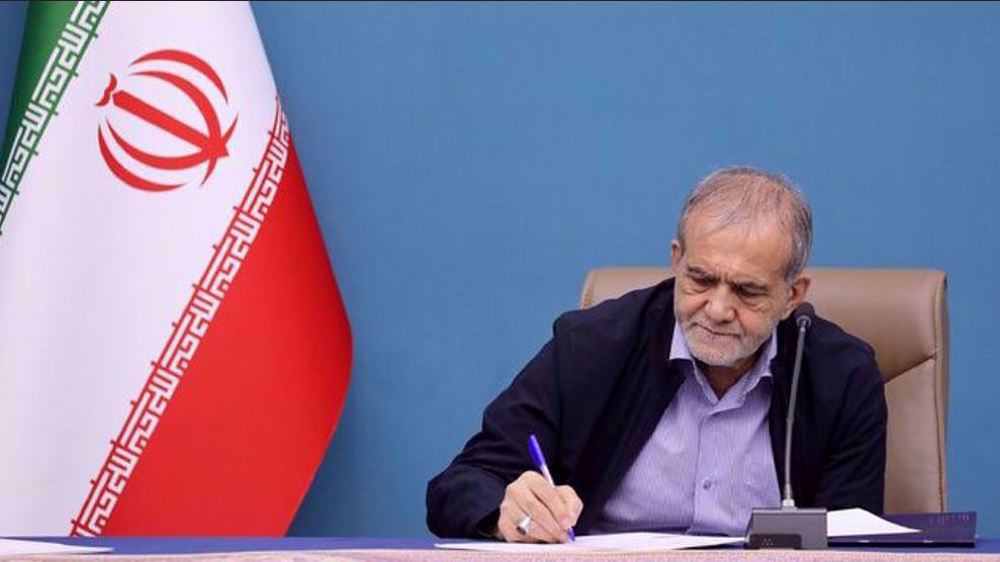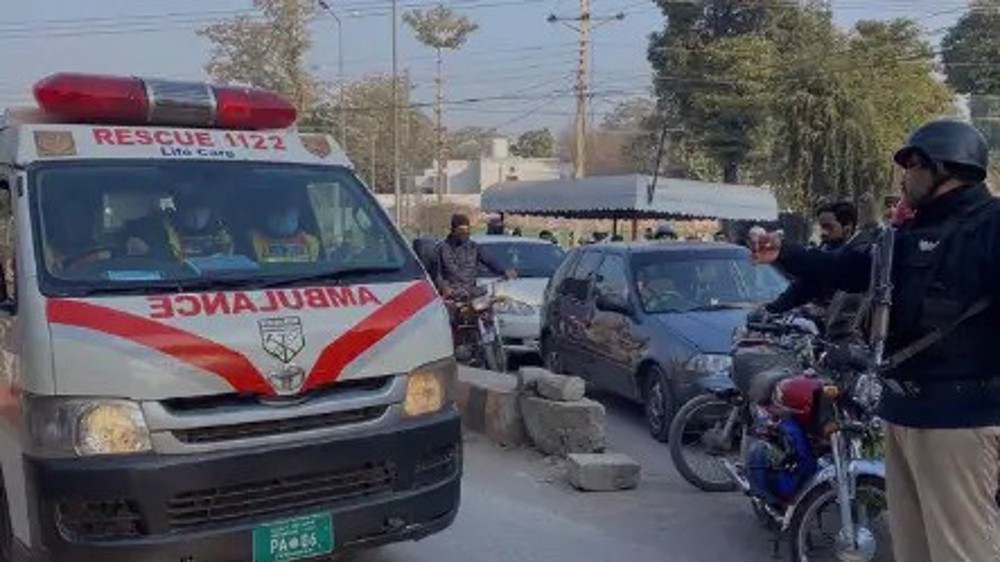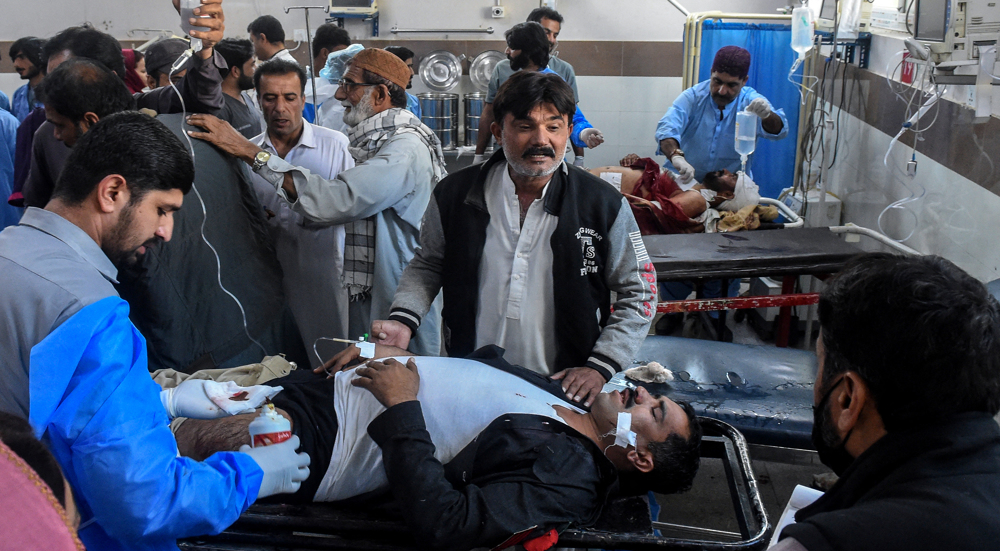Pakistan PM in Riyadh to help ease Iran-Saudi tensions: Reports
Pakistan’s Prime Minister Mohammed Nawaz Sharif is in Riyadh on an official visit, which is reportedly aimed at de-escalating recent tensions between Saudi Arabia and Iran besides other bilateral and regional issues of mutual interest.
Sharif arrived at King Salman airbase in Riyadh on Monday, where he was received by the Governor of Riyadh Region Prince Faisal bin Bandar bin Abdulaziz.
He went on to meet Saudi King Salman bin Abdulaziz to discuss bilateral cooperation between the two countries as well as regional and international developments.
The Saudi Press Agency reported that Salman had “welcomed the prime minister of Pakistan and his delegation” to his palace, giving no more details on the content of their discussions.
Sharif also met with Prince Meteb bin Abdullah bin Abdulaziz, Saudi Minister of National Guard.
The premier is accompanied by Pakistani Army Chief General Raheel Sharif and Minister of State for Foreign Affairs Tareq Fatem during his two-leg trip, which will also take the delegation to the Iranian capital, Tehran, on Tuesday.
During his stay in Tehran, Sharif is slated to meet with Iranian President Hassan Rouhani among other senior officials.
Ahead of Sharif’s trip, Pakistani Foreign Ministry spokesman Qazi Khalilullah had said Islamabad “is deeply concerned at the recent escalation of tensions” between Iran and Saudi Arabia.
The Associated Press also quoted Pakistani sources familiar with the talks in Riyadh as saying that Sharif called for the opening of diplomatic channels between Iran and Saudi Arabia.
Tehran-Riyadh ties have hit a new low since Saudi Arabia decided to break off diplomatic relations with Iran, which strongly criticized the kingdom’s execution of prominent Shia cleric Sheikh Nimr al-Nimr.
Sheikh Nimr’s killing came in defiance of international calls on Riyadh to overturn the death sentence handed down in 2014 to the prominent religious figure, sparking angry anti-Saudi protest rallies in several countries around the world, including Iran.

When the news of the execution broke out, angry Iranian protesters held demonstrations in front of the Saudi embassy in Tehran and its consulate in the northeastern city of Mashhad on January 2. During the demonstrations, some people mounted the walls of the consulate in Mashhad, while incendiary devices were hurled at the embassy in Tehran.
Tehran detained some 50 people over the transgression, with senior Iranian officials criticizing the violence and vowing a firm response to any violations of law.
Following the incidents, Saudi Arabia severed diplomatic relations with Tehran. A number of Riyadh’s allies namely Bahrain, Sudan, Djibouti, Somalia and Comoros, also took the kingdom’s lead and severed relations with the Islamic Republic.
Besides Pakistan, other countries, including Russia and China, have voiced readiness to mediate between Iran and Saudi Arabia.
Israeli war criminals 'not welcome', US city says after ICC ruling
US vetoing of Gaza ceasefire resolution ‘disgraceful’: Iran’s UN envoy
VIDEO | IAEA adopts anti-Iran resolution tabled by E3
VIDEO | Iran's president urges Pope to help end Israel's onslaught in Gaza
Iran's senior legal official: ICC arrest warrant for Netanyahu ‘great victory'
Nov. 21: ‘Axis of Resistance’ operations against Israeli occupation
VIDEO | Israeli forces storm West Bank’s Jenin again, target civilians
Iran activates advanced centrifuges after IAEA's 'unjust' resolution











 This makes it easy to access the Press TV website
This makes it easy to access the Press TV website